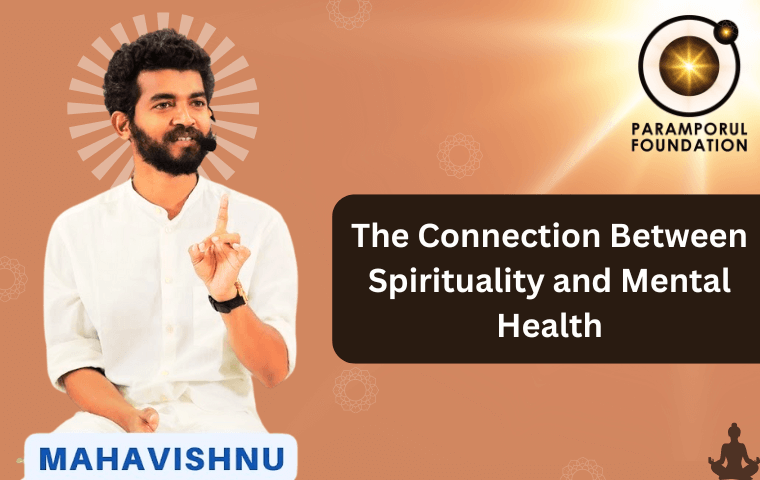Spirituality and mental health are deeply intertwined, with spirituality playing a significant role in enhancing our mental well-being. In recent years, the understanding of this connection has grown as more people recognize how spirituality can positively influence their mental health.
What is Spirituality?
Spirituality is a broad concept that varies from person to person. It involves a sense of connection to something greater than oneself and often includes a search for meaning in life. While spirituality can be linked to religious practices, it is not limited to religion. Many people experience spirituality through personal reflection, connection with nature, or practices like meditation and mindfulness.
Spirituality encourages qualities such as love, compassion, patience, and forgiveness. It helps individuals cope with life’s challenges by providing a sense of purpose and hope. Spirituality profoundly influences mental health, whether through organized religion or personal spiritual practices.

How Spirituality Affects Mental Health
Spirituality can impact mental health in both positive and negative ways, depending on how it’s practiced and understood.
Positive Impacts:
- Sense of Purpose and Meaning: Spirituality often gives individuals a sense of purpose, helping them understand their place in the world. This can lead to greater life satisfaction and mental well-being.
- Emotional Resilience: Engaging in spiritual practices can enhance emotional resilience, allowing people to better cope with stress, anxiety, and depression.
- Community Support: Many spiritual practices involve being part of a community, which can provide social support and a sense of belonging, both of which are essential for mental health.
- Inner Peace: Practices such as meditation, prayer, or mindfulness, which are often part of spirituality, can lead to a calm and peaceful mind, reducing feelings of anxiety and depression.
Negative Impacts:
- Spiritual Exploitation: In some cases, individuals may be vulnerable to manipulation by those who use spirituality for personal gain, leading to emotional harm.
- Conflict with Medical Treatment: Sometimes, spiritual beliefs may conflict with medical advice, potentially hindering effective mental health treatment.
- Spiritual Distress: For some, spiritual beliefs can lead to guilt, anxiety, or a sense of failure, especially if they feel they are not living up to their spiritual ideals.

Integrating Spirituality in Mental Health Care
Integrating spirituality into mental health care can be helpful for many individuals. This approach is known as Spiritually Augmented Cognitive Behavioral Therapy, which includes spiritual values in traditional therapy methods. It focuses on key areas such as acceptance, hope, meaning, purpose, and forgiveness. These elements can help individuals navigate life’s challenges more effectively.
For those who find comfort in spirituality, mental health professionals may encourage practices like meditation, prayer, or participation in a spiritual community. These practices can enhance the therapeutic process, helping individuals achieve greater emotional and psychological well-being.

Practical Steps to Enhance Spiritual and Mental Health
- Mindfulness and Meditation: Regular mindfulness practices can help maintain a calm and focused mind, promoting both spiritual and mental health.
- Community Involvement: Engaging with a supportive spiritual community can provide a sense of belonging and social support.
- Personal Reflection: Taking time to reflect on life’s meaning and personal values can deepen your spiritual understanding and enhance your mental health.
- Healthy Lifestyle Choices: Incorporating spiritual practices like yoga, spending time with nature, or reading inspirational texts can improve overall well-being.
- Professional Guidance: Finding mental health professionals who recognize and value the role of spirituality can be essential for incorporating spiritual practices into your mental health care.
Conclusion
Spirituality and mental health are closely linked, with spirituality offering valuable tools for coping with life’s difficulties and enhancing overall well-being. Whether through religious practices or personal spiritual exploration, integrating spirituality into mental health care can lead to a more balanced and fulfilling life. By understanding and nurturing this connection, individuals can experience improved mental health and a deeper sense of peace and purpose.

